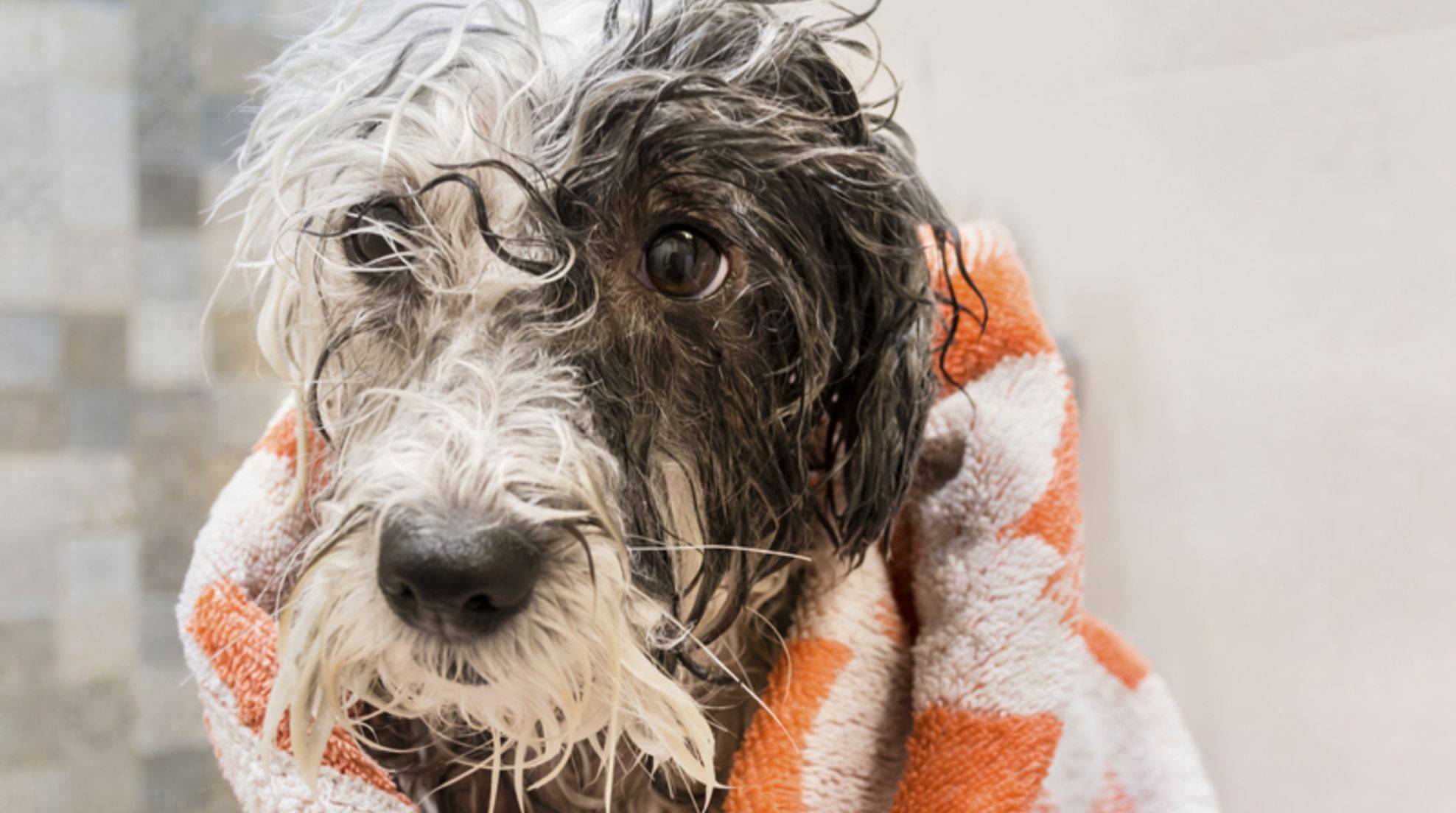The dog is afraid of cats: What to do?
If your dog is afraid of cats, you should carefully introduce him to the foreign species. An animal psychologist or a dog trainer can help you take away your four-legged friend’s fear in severe cases. You can read more about the topic here.
As soon as your dog sees a cat, he makes himself very small, tries to hide or calm down with appeasement signals? Then he may be afraid of the velvet paws. But where does this fear come from, and how can you help your animal friend?
What is the reason when a dog is afraid of cats?
Several factors probably come together when dogs develop a fear of cats. Like humans, animals are terrified of the unknown – so if your dog has never been around cats and suddenly encounters a house cat, he may react fearfully. Dogs that have not been adequately socialized and have grown up in low-stimulus environments, in particular, are prone to anxiety disorders later on because there is so much that is unfamiliar to them. However, anxiety can also be rooted in the dog’s personality – some four-legged friends are more shy and cautious than others.
Then it may be that your dog has had bad experiences with cats and is afraid of them because of this. Maybe he once approached a velvet paw too quickly and did not recognize its defensive signals in time, so that he caught a painful claw blow. Another possible reason, which is difficult to understand for outsiders, is false associations. Dogs (and other creatures) associate an unpleasant to painful experience with something that has nothing to do with it.
For example, your dog might have hit an electric fence while curiously approaching a cat in a meadow. He then associates the subsequent pain stimulus with the strange animal instead of the electric fence and becomes frightened. Whether it remains with a unique fright or develops from it, an anxiety disorder is again a question of genetic and personal disposition, past experiences, socialization, and education.
How you can help your frightened dog
If your dog is afraid of cats, the so-called systematic desensitization will help. In the beginning, you try to keep the fear stimulus – in this case, cats – away from your four-legged friend. This allows him to calm down and prepare for the next steps. Proceed slowly, in small stages, and it is best to take notes on how your dog behaves and develops and what you practiced during training. For example, you can first show your four-legged friend only photos and videos of cats and play the meowing of the house pets for him. In a further step, he then meets real cats, amiable and gentle velvet paws from your circle of acquaintances.
In the presence of the cats, you then do something good for your dog; for example, he gets a great treat, praise, or a stroke. You can also play his favorite game with him so that he realizes that nothing wrong happens at all when the strange animals are near him – on the contrary. Meanwhile, take good care of your dog, preferably keeping him on a leash, and convey to his security that everything is fine. If he then seems to relax and no longer seems anxious or nervous at the sight of pets, the animals can carefully sniff each other. With patience and a little luck, even peaceful physical contact will be possible one day.
Fear of cats: When do dogs need professional help?
Systematic desensitization is a simple principle in theory, but it cannot be implemented. Sometimes it is also necessary for dogs to get rid of their fear as soon as possible – for example, if he is afraid of their cats, he can not easily avoid it. Whenever you have doubts about whether you can help your dog independently, you should consult a professional. An animal psychologist can help you, or a dog trainer specially trained in treating anxiety disorders.








